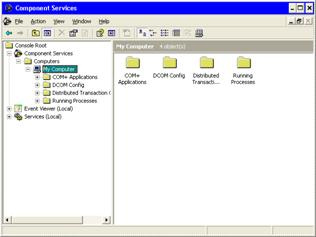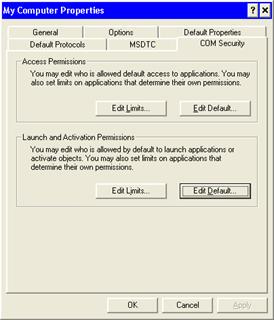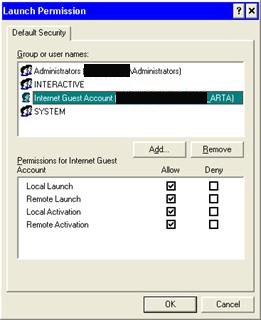The Federal Financial Institutions Examination Council (FFIEC) issued statements today notifying financial institutions of the risks associated with cyber-attacks on Automated Teller Machines (ATM) and car authorization systems and the continued distributed denial of service (DDoS) attacks. [more]
To read the Press Release, visit http://www.ffiec.gov/press/pr040214.htm
To view the Joint Statement, Cyber-attacks on Financial Institutions' ATM and Card Authorization Systems, visit http://www.ffiec.gov/press/PDF/FFIEC%20ATM%20Cash-Out%20Statement.pdf
To view the Joint Statement, Distributed Denial-of-Service (DDoS) Cyber-Attacks, Risk Mitigation, and Additional Resources, visit http://www.ffiec.gov/press/PDF/FFIEC%20DDoS%20Joint%20Statement.pdf




